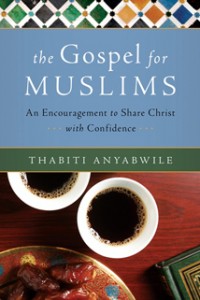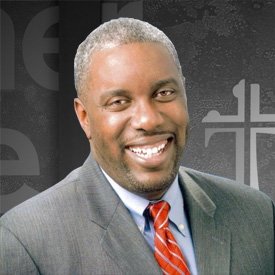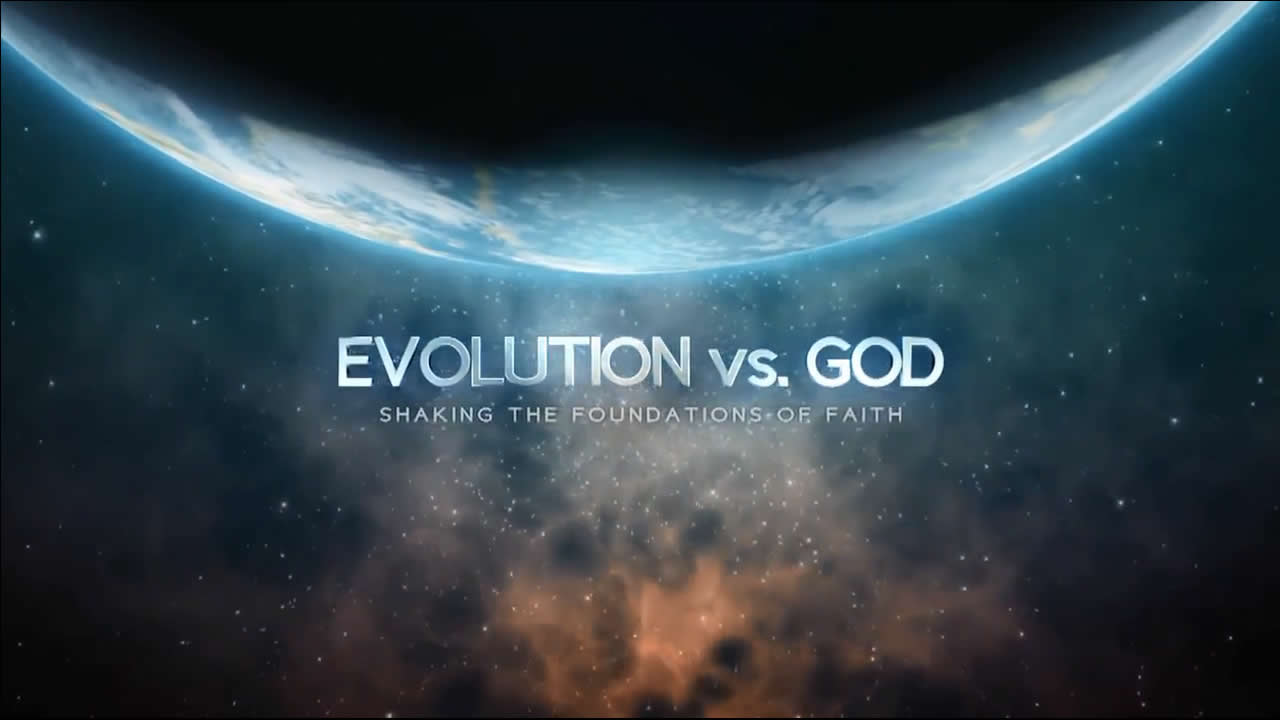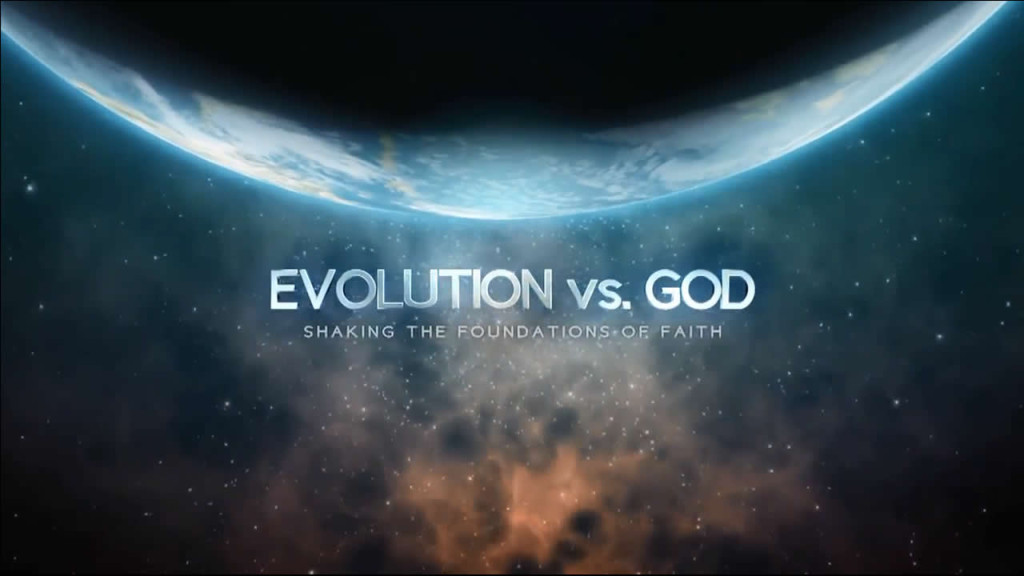I have no formal education in training in how to debate well. The closest I come to having formal debate experience is years of failure from when I believed Facebook debates (“discussions” is what I used to call them) could actually create healthy discourse. I’ve also watched Jim Carrey’s Liar Liar probably one too many times, but I have a feeling that his portrayal of courtroom antics isn’t exactly true-to-life.
Fortunately, there is one debate concept that I have managed to pick up on over the years that has shaped how I engage in public discourse. That is this: there is a difference between making a negative argument or a positive argument. To put it another way, there is a difference between making a negative case against the position you disagree with and making a positive case for the position you hold. In order to make a complete and persuasive argument, you must be able to articulate both a negative and positive case. Otherwise your argument is incomplete and ineffective.
Unfortunately, I think this is a concept that many Christians need to learn (truth be told, I think the general consensus would be that Western society needs to learn this concept – but that is outside of the scope of this article!). Too often I find that when Christians engage publicly with other people and try to make a case for their views, they only do so by making a negative case against the position they disagree with. I rarely hear persuasive and positive arguments for the Christian faith. Many Christians are good at pointing out what they don’t like about other people’s views and positions; they’re not so good at positively articulating why their view or beliefs are better.
Friends, it is a very bitter tasting flavor of Christianity which can only make a case for itself by tearing down the views of others.
I’ve seen this play out not only when Christians engage non-Christians, but also when Christians engage other believers in areas where they happen to disagree. This sad reality then creates a Church where Christians are unable to engage in healthy disagreement and conversation because we’ve so negatively painted other views and positions. Nobody said we have to agree on every theological issue, but we do need to engage each other with love (John 17:20-26, Galatians 5:6). That means we need to be able to emphasize positive arguments for our positions, rather than focusing on what we think is wrong with other views.
Here are a few examples of the kinds of negative argument’s I’ve seen come from Christians the last few years:
- Christianity is right because your religion is wrong. This point is really a bucket for all kinds of poor arguments for Christianity I have heard. One example I have frequently heard is, “Christianity is true because prophets from all the other world religions are still dead!” Ok, true. But what is it about Jesus’ resurrection that actually makes a case for why I can and should trust him? What positive impact does Jesus being raised from the dead actually have on my life? Why does it matter?
I’ve also heard arguments such as, “Christianity is true because other worldviews don’t make proper sense of the world.” Maybe so. But how does Christianity make better sense out of the world?
I was recently sitting in a skeptics meeting where a popular Christian evangelist was brought up. Every single one of the skeptics I was meeting with an aversion to this evangelist because of what he represented to them: someone who couldn’t make a good case for Christianity and instead jumped around from subject to subject trying to tear apart the atheist position. Is this the kind of evangelism we want to be known for?
- Your church has poor worship because it’s not regulative enough. This is something I hear often in Reformed circles. We’re really good at critiquing seeker-sensitive mega-church worship, but we’re really terrible at articulating why the Regulative Principle of worship is both better and healthier in the life of the church.
- Your view of spiritual gifts is wrong because it’s dangerous. I’ve heard this come from either side of the continuationist/cessationist debate. Cessationists will often charge continuationists with dangerous manipulation and expressions of the sign gifts in churches. Continuationists accuse cessationists of “quenching the Spirit,” or imposing some kind of authoritarian rule from the pulpit. This only leads to stereotyping and misrepresentation of our brothers and sisters in Christ. We need to be able to lovingly and clearly articulate why our views are both more biblical and healthier for the life of God’s people today before we jump to negative conclusions about someone else’s views.
- The way you read the Bible is wrong and unhealthy. This argument can come in many forms. I’ve heard people attack the method of Bible reading (“You’re reading is too individualistic” or, “You’re not Christ-centered enough”, etc.). I’ve also heard attacks on the very concept of individual Bible reading (“Christians can’t interpret the Bible on their own” or, “Bible reading should only be done in community”, etc.). There may be truth in these criticisms. But you need to be able to make a positive case for how you want me to read the Bible rather than just making a case against how I do it.
These are just a selection of the kinds of things I commonly hear in Christian circles. Friends, if we want to see our non-Christian friends persuaded to the glories of our faith, then we need to be able to make a positive case for what we believe. And we need to start by being able to make a positive case for what we believe with each other. If we’re unable to do this together as the family of God, how will we ever do it well with those who are looking in from the outside?
In the beginning of Tim Keller’s book Making Sense of God, he longs for a culture where people are able to engage with each other in healthy and respectful discourse. He longs for the kind of place where “people who deeply differ nonetheless listen long and carefully before speaking. There people would avoid all strawmen and treat each other’s objections and doubts with respect and seriousness. They would stretch to understand the other side so well that their opponents could say, ‘you represent my position in a better and more compelling way that I can myself.’”
I too long for this kind of healthy discourse. One of the ways we’ll get there is if we can learn how to emphasize positive arguments before we use negative arguments in our discourse and conversation. Let’s grow in this together.
There is something interesting that happens as Christians when we approach and study other faiths. I have found it to be the norm, rather than the exception, that we approach other faiths without grace or applying the gospel. Instead, we just look for intellectual karate-chops, ways that we can try and force people to show them they’re wrong in conversation with quick and succinct blows.
As Christians, our language and conversation with others should be completely full of love and grace. Let your speech always be gracious, seasoned with salt, so that you may know how you ought to answer each person (Col 4:6).
This is why I loved reading Thabiti Anyabwile’s recent book The Gospel for Muslims: An Encouragement to Share Christ with Confidence. To be honest, when I first approached this book I slipped back into my default mode. From the outside, Thabiti’s book is very short, and I initially approached it hoping for quick and easy ways to “win” arguments against Muslim followers. What I received instead was a great primer on the gospel, my need for Jesus, and how that needs to be the center of any conversation I have with a Muslim follower. Despite a few shortcomings that I will detail below, The Gospel for Muslims is a fantastic book for any church or Christian looking for an introduction to Christian-Muslim interfaith dialogue.
Praise
As a former Muslim believer, Anyabwile is well aware of the Islamic though process and its doctrines. It is his background and conversion experience that has given Thabiti the heart to write this book, and that is evident on every page. Pastor Anyabwile really believes, as we should all believe, that we are to serve our Muslim neighbors and be salt and light to them.
The strongest point of Pastor Anyabwile’s book is its emphasis on the gospel and the need for the gospel in any and all conversations with Muslim believers. This is not an apologetics book, and it is not intended to be so. As Anyabwile says in his introduction, “Apologetics is a helpful discipline, but it is not evangelism” (p. 14). The books primary focus is encouraging Christians to believe that the gospel really is the power of salvation to all who might believe. This is where Thabiti is at his strongest, encouraging even the newest believer that they know what they need to engage a Muslim follower.
Divided into two parts, the first part of the book focuses on the gospel itself. This is a primer for the most learned or unlearned Christian, succinctly hitting all the key points of our faith on God, man, Jesus, repentance, faith, etc. The second part of the book contains practical suggestions with Muslims.
This second part of the book contains some very helpful tips that I really think are crucial for the church today. In chapter 8, Pastor Anyabwile focuses on the necessity to be hospitable in our conversations with Muslims. This may sound elementary, but isn’t it something that is really hard to do – especially in heated conversation?
The following chapter focuses on using your local church to reach out to your Muslim neighbors. As a member of a relatively new Acts 29 church, I really loved this chapter and that Thabiti would think to include it. Though short, this chapter contains a lot of helpful encouragement and advice for the local church in reaching it’s Muslim neighbors.
Pastor Anyabwile also includes a helpful chapter on reaching the African American Muslim community. As an African American and former Muslim, Anyabwile speaks with grace in regards to this issue and I found the chapter to be very helpful.
Criticisms
On the whole, I loved The Gospel for Muslims, Pastor Anyabwile’s heart for that community, and the centrality of the gospel on every page of the book. There is however one criticism I would offer for the book. Even though my criticisms are few, I do believe there is one fairly serious issue worth noting in the text.
Thabiti makes a few statements throughout the book in regards to a Muslims approach to the Bible. He correctly states that many (if not all) Muslims believe that the Bible is completely corrupted in its current state, yet he incorrectly states that they have no reason to believe as such.
One of the greatest problems in approaching the Quranic text is that it is not wholly unified in any sort of narrative or exhortational fashion. The Qur’an is broken up into chapters, or suras, which were received by Mohammad throughout his lifetime in various revelations. Muslim scholars do their best to try and figure out which verses (ayats) came before others, but there is much disagreement. Complicating this issue is the Islamic doctrine of abrogation (nasikh). This doctrine states that when two verses conflict, the most recent verse abrogates – or overwrites – the previous verse. This is seen best from the Qur’an itself:
2:106 None of Our revelations do We abrogate or cause to be forgotten, but We substitute something better or similar: Knowest thou not that Allah Hath power over all things?
13:39 Allah doth blot out or confirm what He pleaseth: with Him is the Mother of the Book.
Thabiti is correct when he references the Qur’an as stating at times that Muslims should be in agreement with Christian or Jewish teachings. One such Sura Thabiti references is below:
5:46-47 And in their footsteps We sent Jesus the son of Mary, confirming the Law that had come before him: We sent him the Gospel: therein was guidance and light, and confirmation of the Law that had come before him: a guidance and an admonition to those who fear Allah. Let the people of the Gospel judge by what Allah hath revealed therein.
Pastor Anyabwile’s conclusion is that we should then work to convince our Muslim neighbors that they must listen to our Bible because their Qur’an says so, and that there actually isn’t any grounds in the Qur’an for Muslims to say the Bible is corrupted. However, a quick gloss of Quranic text would give us a different result:
3:78 There is among them a section who distort The Book with their tongues: (As they read) you would think It is a part of the Book, But it is no part Of the Book; and they say, “That it is from Allah”, But it is not from Allah.
2:113 The Jews say: “The Christians Have naught (to stand) upon”; And the Christians say: “The Jews have naught (to stand) upon.” Yet they (profess to) study the (same) Book.
5:14 From those, too, who call Themselves Christians, We did take a Covenant, But they forgot a good part of the Message that was Sent them: so we estranged them…
The above verses are a brief synopsis of texts that Muslims interpret to say that the Bible is corrupted and that Christians use false texts. This rightly is in disagreement with the Sura Thabiti quotes in his book, but that is not a conflict because of the doctrine of abrogation.
Anyabwile hits on this idea a few times in the book, and I fear the consequences of not appropriately fleshing out this subject in the book. Not only that, I’m afraid his conclusion is simply or prematurely wrong, and that it will convince many readers that they can show their Muslims neighbors to believe in the Bible because their Qur’an says so.
Conclusion
I loved The Gospel for Muslims. It was short, simple, and to the point. The book was a great encouragement and reminder that the gospel must be at the center of our evangelistic efforts.
However, the few issues I have with the book are glaring. As the book is short and is not meant to fully flush out Islamic doctrine, I think Pastor Anyabwile gets the issue of the Islamic perspective of the Bible completely wrong, or at least not fully examined. In addition, since the text is so short, there really wasn’t much room to elaborate on some key Islamic doctrines. I really think the book might’ve benefited from an extra 20 pages spread throughout the book to provide a few more details and insights into Islamic beliefs.
There are a few caveats to keep in mind, and The Gospel for Muslims might best be used with some additional resources and information compiled from other sources. Despite what might be a few shortcomings, this is a book I would definitely recommend to others and use in the future when teaching or discussing Islamic evangelistic efforts.
This week saw the release of a new internet documentary that is taking the blogosphere and social media by storm. Evangelist Ray Comfort, president of Way of the Master ministries and producer of other documentaries such as 180, has a new assault on Western Civilization. His target this time? The scientific community, specifically that of the evolutionist crowd.
Entitled Evolution vs. God, Ray Comfort promises to debunk evolutionary theory in a way that would make even the most astute scientists squirm. I know Ray’s heart, and I know he earnestly believes this documentary is going to serve the Christian community. Unfortunately, the film neither debunks evolutionary theory and it ultimately harms the Christian community and our witness.
Now, I’ve previously hinted at my position on this topic, and it’s probably best I elaborate slightly before proceeding. I am neither an evolutionist nor creationist, and I am pro-science and pro-conservative faith. I am against the dichotomy that science is always opposed to faith, and I think such arguments are unhelpful and naive. I first began questioning evolution when I was in college, years before I was a Christian, and it was simply because the university’s leading anthropology professor gave a really shoddy explanation of it. Essentially I am not an evolutionist (although I do believe in an old-Earth) because I do not yet see the evidence for it. At the same time, I do not think it is necessary nor is there evidence to suggest a young-Earth literal creation account.
Evolution vs. God is a short film that is approximately 35 minutes long. In the film, Comfort “interviews” 4 university professors (two from UCLA, from USC and another from the University of Minnesota), along with a handful of science students from various disciplines on the campuses. I use the term “interview” lightly, because Comfort often comes off more hostile than not, and only hammers a single question home rather than getting flushed out information on the subject. In addition, almost all of his discussions appear outside, which suggests these conversations aren’t taking place in an environment that is conducive to honest and genuine discussion.
Comfort’s assaults attempt to prove that evolutionists do not have adequate responses nor explanations for the evolutionary theory. He tries to argue that evolution requires belief and faith, in the same way that Christianity requires belief and faith.
I am a little bit disturbed that Ray would equate belief in scientific theory with belief in the most holy, kind and gracious creator of the universe. The Christian faith is “the assurance of things hoped for, the conviction of things not seen” (Hebrews 11:1). The scientific, evolutionist “faith” or “belief” is that their evidence suggests they will still find the missing clues they’re looking for. These are two completely different kinds of faith, and trying to mix the two does injustice to the gift of faith given to us in Christ.
Ultimately, the film fails to deliver on several other levels. These points I will outline below:
- The film only furthers the mentality that science and faith cannot coexist. This only serves to create further separation between the Christian and humanistic/atheist science communities.
- It does not fairly represent the scientific community – four professors and a handful of students are not an accurate representation nor adequate sample size of people to interview.
- Comfort appears to be intentionally making scientists look stupid (how many reasonable answers to his questions are there that we DIDN’T see?).
- Comfort employs bullying tactics when he tries to force the idea that atheists like evolution because it gives them an excuse to be sexually immoral.
- The film ultimately hurts witness with the scientific community.
Every good debater knows that to have a fair debate, one must represent the opposing side in its strongest and most accurate forms. Otherwise you are simply presenting a straw-man. Comfort does not present evolutionary scientists in their strongest form, and instead paints the picture of brainless scarecrows from Oz. It would be just as easy – if not easier (given the average Christians abysmal Biblical literacy) – to make a similar film about Christians who can’t answer the questions of an atheist. We wouldn’t want to see a film like that about us, so why would we do that to others?
Similarly, humanistic/atheist scientists are going to watch this film and only become more upset and frustrated towards the Christian community. For most scientists who see this film, this is only going to alienate them and further harden them towards hearing the gospel in the future.
To be fair to Ray, I think this film does deserve some credit in that it may show that many students and people buy into evolution without understanding it for themselves. This is a similar attack that is often levied on lay-Christians for not knowing their Bibles, so now we begin to see that the same might be said for the average believer in evolution.
In closing, I want to make it clear that I am not attempting to tear Ray Comfort down nor question his ministries. I don’t doubt the countless people who have heard the gospel through his evangelism, and I am greatful for his service to the Kingdom. However, as Christians I think it is necessary for us to be aware of when we are betraying Biblical practices for worldly obediences. Sadly, I think this film ignores Biblical premise for treating others as we’d like to be treated, and instead allies with the worldly desire to tear down an idea simply for the sake of disagreement.
We can do better than this.




